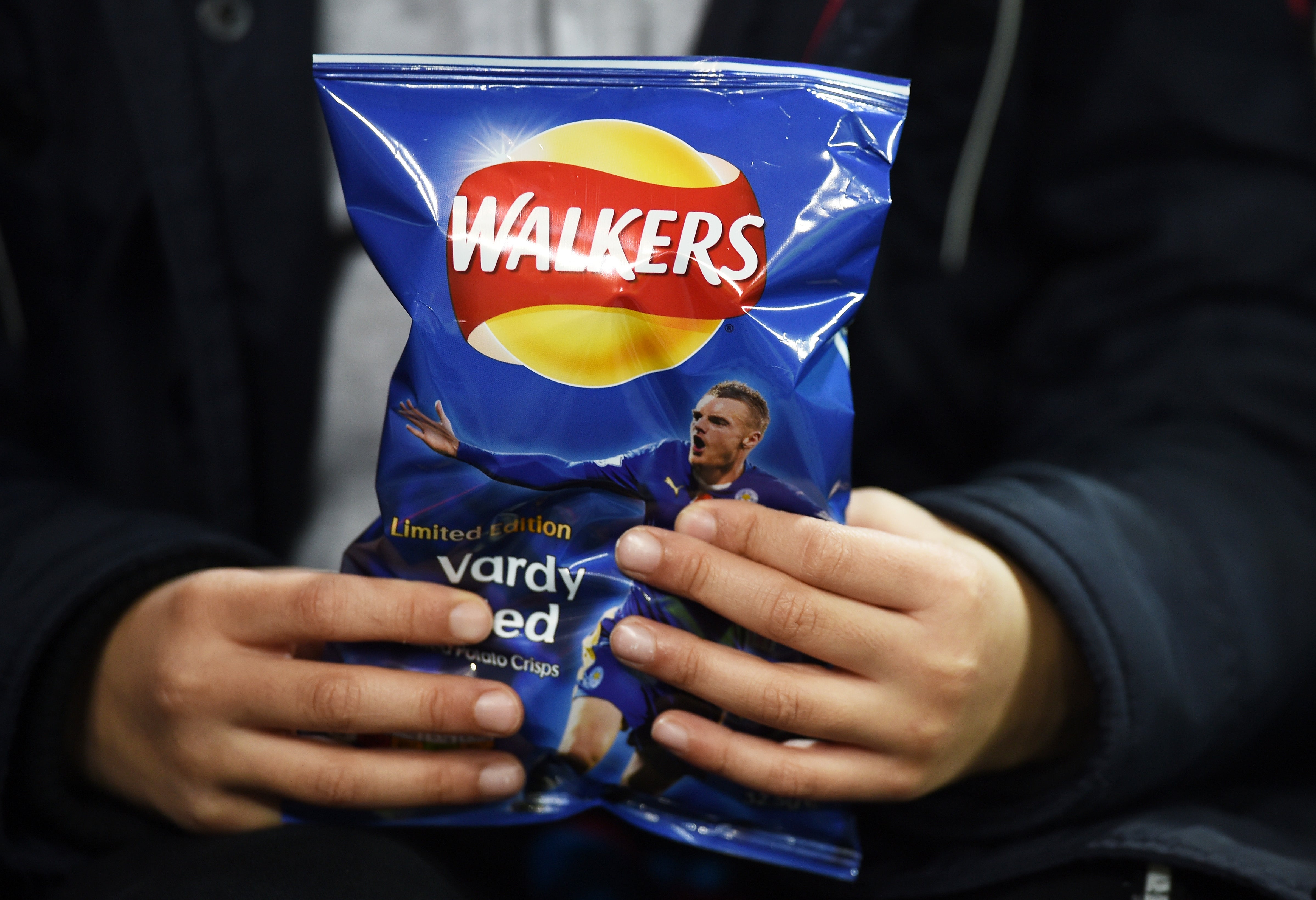Walkers uses potato peelings to cut its carbon emissions by 70 per cent
New initiative will help Walkers achieve aim of becoming carbon negative over the next decade

Popular crisp manufacturer Walkers has adopted a technique it says will slash CO2 emissions from its manufacturing process by 70 per cent.
The innovative scheme will use potato peelings leftover from making crisps and CO2 captured from beer fermentation to reduce its carbon footprint and turn it into fertiliser.
This will then be returned to farms where Walkers crisps are grown to feed the next year’s potato crop.
Producing fertiliser usually yields high CO2 emissions, but the new technology adopted by Walkers cuts this significantly.
Following a promising trial of the fertiliser, which was applied to potato seed beds this year, the brand plans to introduce specialist equipment at its Leicester factory in 2021 in preparation for its 2022 crop.
The project was developed with a grant from the UK government in conjunction with the British clean-tech firm CCm Technologies.
It’s hoped that the new initiative will help Walkers, which is owned by PepsiCo, become carbon negative across its potato production over the next decade.
PepsiCo is also looking to apply the environmental benefits of the new, circular fertiliser to further European markets and other crops, such as oats and corn.
David Wilkinson, PepsiCo’s senior director of European agriculture said:
“From circular potatoes to circular crops, this innovation with CCm Technologies could provide learnings for the whole of the food system, enabling the agriculture sector to play its part in combating climate change.
“This is just the beginning of an ambitious journey; we’re incredibly excited to trial the fertiliser on a bigger scale and discover its full potential.
“This initiative is a step in the right direction, and we will continue working hard to lower the carbon impact of our products from field, through manufacturing sites, to consumption,” he said.
Following calls to reduce the amount of plastic packaging it produces, Walkers introduced a recycling scheme in 2018 that recycles plastic to manufacture other plastic items.
Consumers can deposit used crisp packets at collection points around the UK which are then returned to TerraCycle for recycling.
Walkers also aims to make all its packaging 100 per cent recyclable, compostable or biodegradable by 2025.
Join our commenting forum
Join thought-provoking conversations, follow other Independent readers and see their replies
Comments

Bookmark popover
Removed from bookmarks